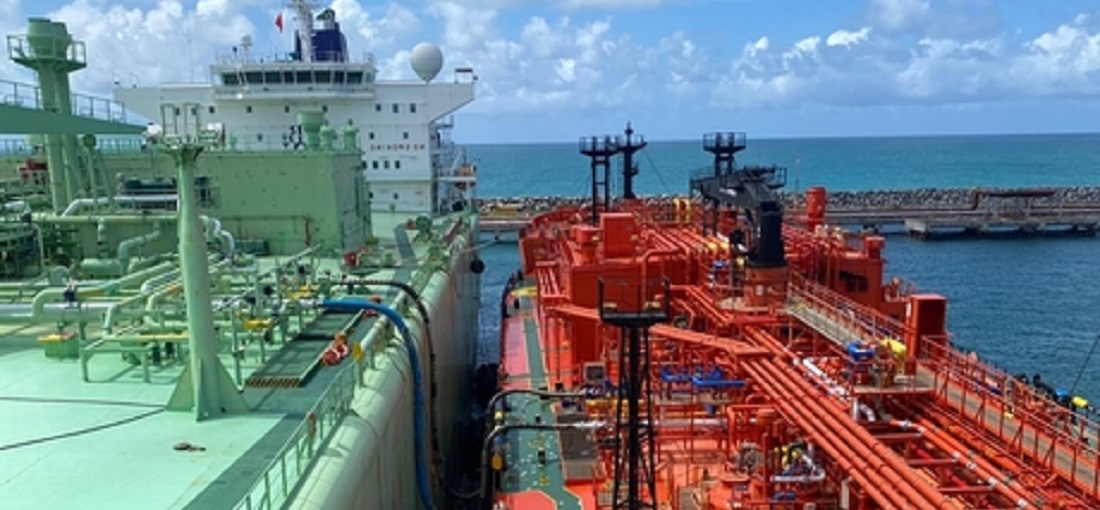
Suape port receives largest ever GLP import cargo
Jan, 26, 2023 Posted by Gabriel MalheirosWeek 202305
The Port of Suape registered one of the largest Liquefied Petroleum Gas (LPG, cooking gas) import operations by a private agent in the Northeast of Brazil. Interco (a commodities startup) and the Argentine company Transportadora Gas del Sur collaborated to allow the Pernambuco-based dock to receive 12,500 tonnes of LPG. To meet regional demand, distributors in the industrial port complex purchased the product.
Interco maintains contracts with Nacional Gás Butano, Copa Energia, Supergasbras, Ultragaz, and Consigaz. New operations of this type are being studied in Suape and ports throughout the country. The procedure was recently completed, and Interco reports that the product was transported by the ship Eco Arctic, which departed from the Port of Bahia Blanca in Buenos Aires’ southwestern region.
“The objective is to offer distributors a supply guarantee, allowing them to maintain their operations non-stop. In addition, the distributors are interested in importing LPG continuously, improving the primary supply flow,” says Marcos Paulo Ferraz, the startup’s Commodities and Trading director.
According to data from the National Petroleum Agency (ANP), LPG sales in Brazil totaled 6.74 million tonnes between January and November 2022. Of this volume, 25.7% came from outside the country. Currently, national refineries cannot meet all the demand for cooking gas, and supplying the domestic market has also come to depend on acquisitions in the international market.
MONOPOLY BREAK
Before this record-breaking operation in Suape, Petrobras was responsible for most LPG imports to the Northeast. The private import operation was made possible after the National Council for Energy Policy (CNPE) decided that Petrobras needed to keep the BW Princess tanker operational to store the product, even if the company stopped operating in this market niche.
With that, says Marcos Paulo Ferraz, the national state-owned company opened space for private companies to use the capacity of the tanker, which works in the external port of Suape, where the four piers for liquid bulk of the state-owned company from Pernambuco are located. As a result, Petrobras broke its monopoly on this activity in March 2021, when new rules were enacted across the country.
According to Interco’s executive director, Nicholas Taylor, the attraction of new fuel infrastructure projects in the country can help foster market competition and lower end-consumer prices. Nilson Monteiro, Suape’s director of Port Management, agrees with Nicholas. “This is fantastic news for Pernambuco and the Northeast. And for the port, which will see a significant increase in this type of cargo movement,” he emphasizes.
-
Ores
Jul, 02, 2021
0
Vale completes ship loader maintenance in São Luís
-
Grains
Jun, 27, 2024
0
Interim measure allowing rice imports extended for 60 days
-
Ports and Terminals
Oct, 14, 2022
0
Audit court chairman demands a report on Port of Santos privatization
-
Shipping
Oct, 04, 2021
0
Hidrovias do Brasil: September navigation was restricted due to low river levels and may stop altogether in October

